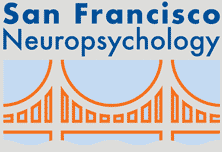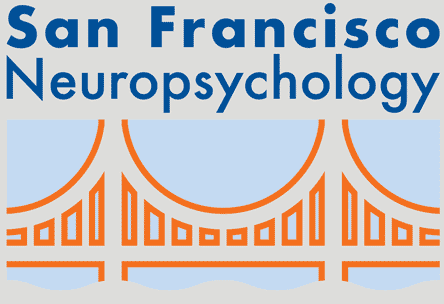A stroke, also known as a cerebral vascular accident (CVA), occurs any time blood in the brain does not get to where it’s needed. Most strokes are “ischemic,” meaning that there is a blockage of some kind resulting in the starvation of brain cells of oxygen (carried by the blood) and the death of those brain cells. However, 5-10% of strokes are hemorrhagic, meaning that there is bleeding into the brain because a blood vessel breaks (e.g., aneurysm). Strokes can cause significant problems with thinking skills (i.e., memory, attention, language, problem solving, etc.). A neuropsychological evaluation can identify strengths and areas of challenge that will help in the design of a treatment plan to help a client recover more quickly.

